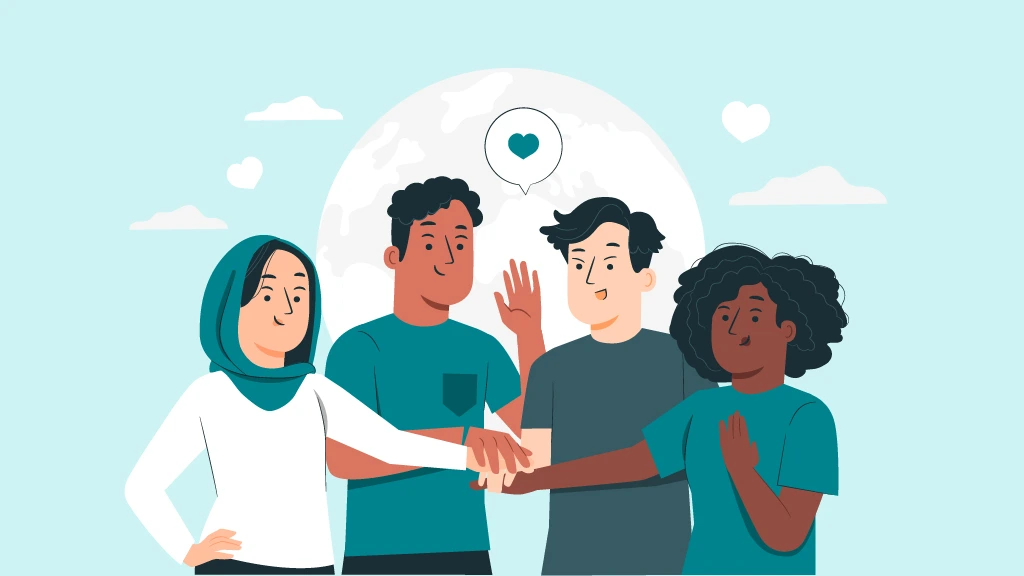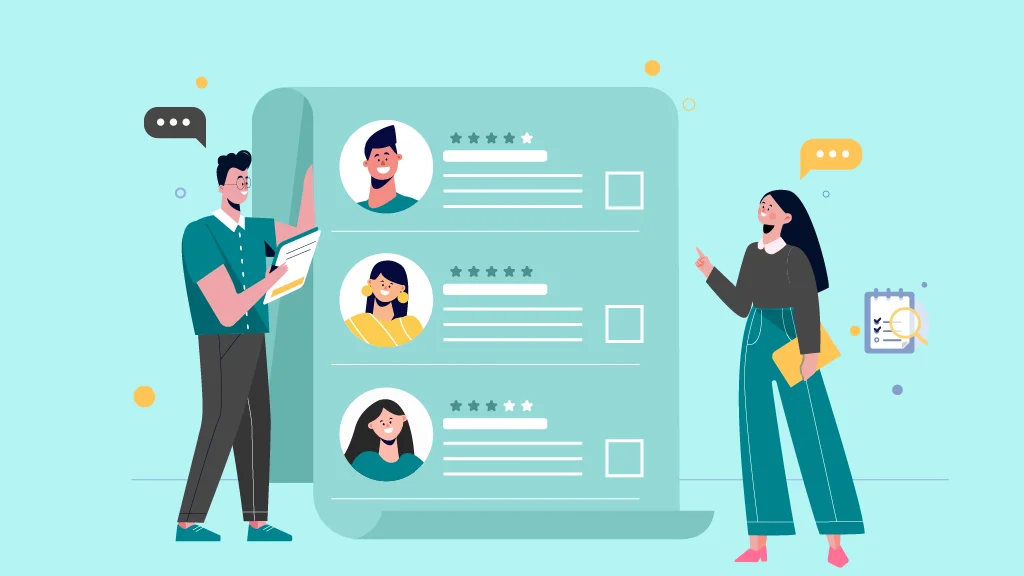10 Organizational Skills Ideas That Actually Boost Workplace Engagement

Team AdvantageClub.ai
October 16, 2025

What Are Organizational Skills and Why Do They Matter?
- Help teams focus on tasks with the biggest impact, even in fast-moving situations.
- Ensure time, information, and resources are used wisely.
- Reduce confusion, duplicated work, and burnout.
- Make recognition more transparent and inclusive for everyone.
- Strengthen trust and communication—the foundation of an engaged culture.
10 Organizational Skills Ideas For an Equitable, Engaged Workplace
1. Centralize Task Transparency
- Reduces information silos.
- Improves access and accountability.
- Facilitates instant employee acknowledgment when milestones are achieved.
2. Promote Personal Prioritization Frameworks
- Set and track personal goals.
- Publicly share progress with teammates.
- Reorder tasks and communicate changes instantly.
3. Foster Digital Workspace Hygiene
- Maintain organized shared drives, tidy project folders, and clear file naming conventions.
- Archive outdated files to reduce clutter.
- Recognize and reward those who set high standards.
4. Empower Proactive Delegation Channels
- Task assignment and acceptance are clearly tracked.
- Contributions are logged in real time.
- Each team member’s organizational ability is visible (and can be acknowledged equitably).
5. Elevate Cross-Functional Collaboration Hubs
- Set up dedicated spaces for inter-department work.
- Use chat channels, collaboration tools, or forums where everyone can contribute ideas, see updates, and earn on-the-spot appreciation for key contributions.
6. Celebrate Self-Organization Rituals
- Builds an inclusive community by validating diverse organizational styles.
- Offers chances for pulse surveys and polls to crowdsource the most impactful habits.
- Public recognition encourages personalization and engagement.
7. Utilize Real-Time Progress Trackers
- Let's everyone monitor what’s accomplished and what needs attention.
- Makes every win visible—prime opportunities for strategic, immediate acknowledgment of achievements.
- Reduces the risk of contributions slipping through the cracks.
8. Champion Inclusive Scheduling Practices
- Automating meeting invites with time zone support.
- Using a “mood-o-meter” or availability indicators lets people suggest times when they feel at their best.
- Encouraging team input via short employee feedback loops on optimal meeting times.
9. Map Feedback-Enabled Goal Setting
- Implement systems that enable employees to set goals and receive peer or manager feedback on their progress.
- Encourage open review cycles and recognition for both effort and achievement.
- With tools like pulse surveys and engagement polls, get continuous insights on what’s working.
10. Reward Organization Champions
- Use gamified sales incentives, digital kudos, or featured “organizational hero” spotlights.
- Strategic rewards platforms ensure recognition is timely, transparent, and accessible to all.
Beyond the Basics: Building a Culture Around Organizational Skill
An equitable culture celebrates organizational ability wherever it shows up—not just in leadership roles. Organizational skills aren’t just for managers—they’re for everyone. When you celebrate these abilities across the board, they naturally become part of your company’s identity and everyday success.
- Offering wellness programs that help employees balance work and personal demands.
- Creating spaces where people can share organization techniques without judgment.
- Using recognition tools to highlight both significant project achievements and small daily acts that ensure seamless operations.
- When these skills are valued across the board, they become part of your company’s identity.
Practical HR Takeaways for Fostering Organization Skills
- Adopting a results-focused recognition program for real-time recognition of organizational contributions.
- Running pulse surveys through Advantage Pulse can help leaders understand how employees feel about workflows and scheduling.
- Making recognition public and data-driven to keep it fair.
- Supporting programs that help employees organize their professional and personal lives.
- Using friendly competitions or challenges to spotlight top organizers.
Unlock Engagement with Strategic Recognition and Equitable Culture
AdvantageClub.ai, the AI engagement platform, brings recognition, rewards, surveys, mood tracking, and gamification into one place, making it easier to appreciate talent in real time.
When leaders consistently acknowledge the planning, coordination, and collaboration, it keeps teams moving forward. Beyond efficiency, the engagement creates stability and trust in the organizational culture where people feel valued, motivated, and ready to do their best work.





